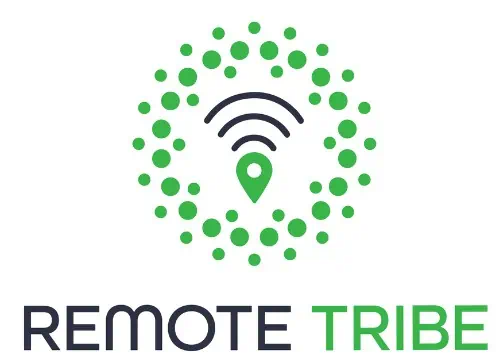Secrets Of The Second Passport: What You Need to Know
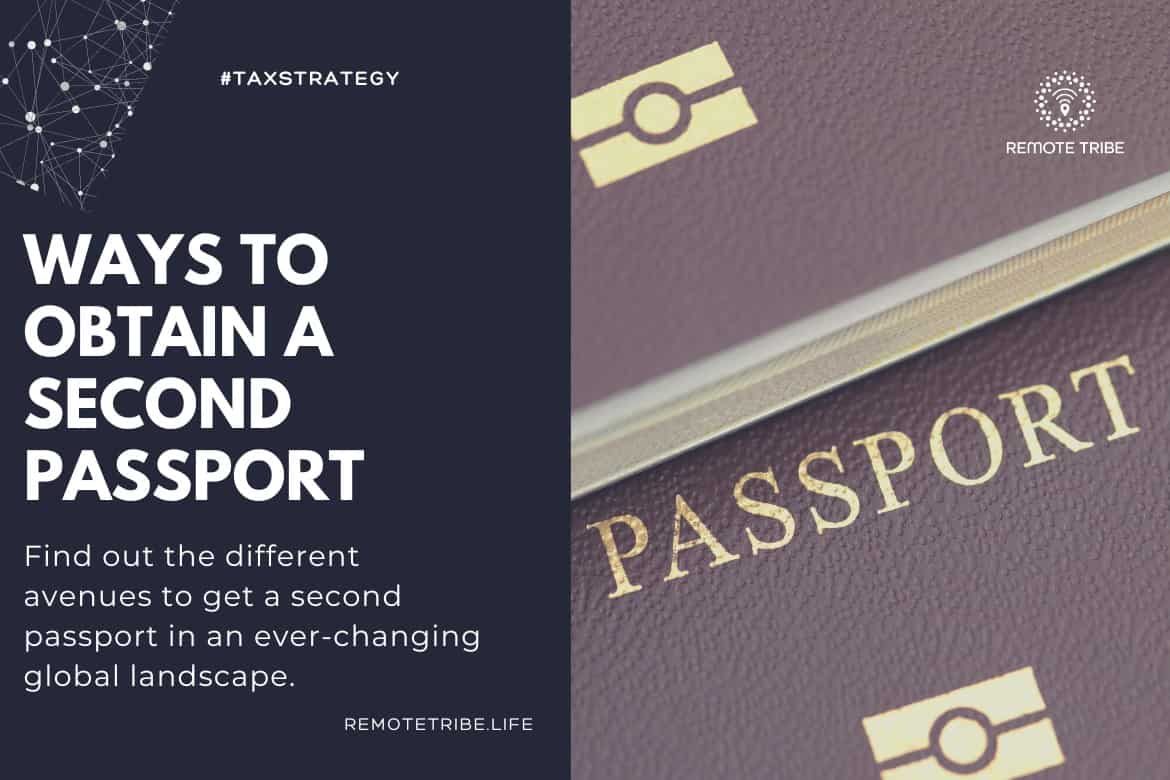
The Changing Landscape of Caribbean Passports and Second Citizenship: What You Need to Know
In recent weeks, a breaking news story has been making waves in the world of passports and citizenship. The UK has revoked Visa-free travel for Dominica, Vanuatu, Honduras a few more. The Caribbean visa and the accessibility of these passports have taken center stage, causing concern and confusion among those interested in acquiring a second passport. In this blog post, we aim to shed light on this evolving situation and explore the implications it holds for those seeking a new citizenship avenue.
Caribbean Visas: An Overview
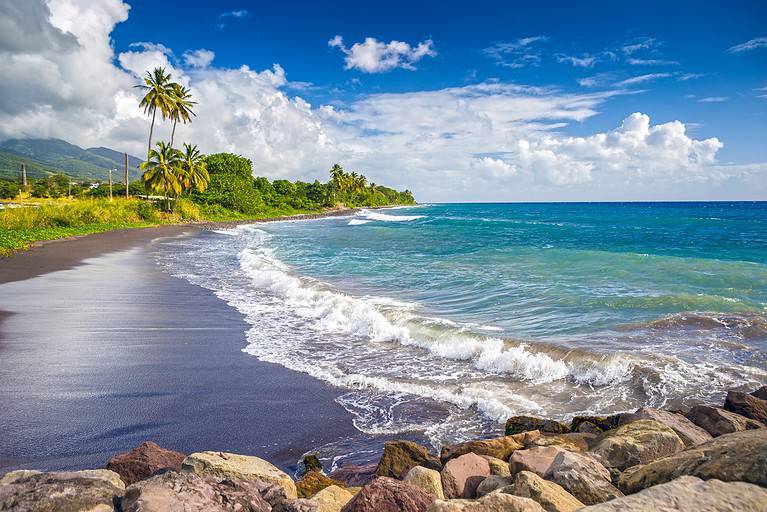
The Caribbean has long been a hotspot for individuals seeking a second passport through citizenship by investment programs. These programs allow investors to acquire citizenship by making a significant financial contribution to the host country. In return, investors gain access to various benefits, including visa-free travel to a multitude of countries.
One of the most significant advantages of obtaining a Caribbean passport has been the ability to gain visa-free access to over 160 countries, making international travel more convenient. This perk has been particularly attractive for citizens of countries with limited visa-free options.
Recent Developments: The UK's Stance
Breaking news hit the headlines when the UK government’s Home Office announced that visa-free access to the UK would be denied for citizens from four nations, including Dominica, a Caribbean nation known for its citizenship by investment program. This development has sparked discussions about the implications of such decisions and has raised questions about the future of second passports from the Caribbean.
The nations affected by this decision are not limited to the Caribbean; it extends to countries like Vanuatu in the Pacific and Namibia in Africa. This shift in policy has left potential investors and current passport holders alike concerned about the ramifications of their investments.
The Implications for Second Passports
For those who have already obtained a second passport through a citizenship by investment program in the Caribbean, the changes in visa-free access to the UK and potentially other countries have left them in a challenging situation. There are essentially two categories of affected individuals: those who recently acquired their Caribbean passports and those currently in the process of obtaining one.
If an individual has already paid the required fees and initiated the application process, discontinuing the process may result in the loss of the initial deposit. This aspect is often overlooked by marketers and agents promoting citizenship through investment programs, as the “forbidden fruit” of an already invested amount becomes a deterrent for many.
Clarifying Passport Benefits
A common misconception among Caribbean passport holders is the level of privilege these passports confer in terms of residency and business opportunities. Many believe that holding such a passport automatically grants them the right to live and conduct business in countries like the UK. However, the reality is quite different.
Caribbean passport holders often have visa-free access for a limited duration, but they are treated as tourists during their stay. There are limitations on work permits, access to social services, and other benefits that residents or citizens of the host country enjoy. Therefore, understanding the distinction between visa-free travel and actual residency rights is crucial for individuals considering these programs.
Potential Solutions and Future Outlook
As the landscape of citizenship by investment programs changes, persons seeking second passports should be prepared for changing regulations and security concerns. The UK’s decision to deny visa-free access to certain Caribbean nations may influence other countries to adopt similar policies.The UK, for example, has announced that it is looking into the legality of the process for other Caribbean nations, so new revisions for other countries wouldn’t come as a surprise.
For countries facing potential changes in visa-free access, options might include applying for travel permissions in advance or adjusting their programs to meet the changing requirements of host countries. However, these changes could potentially affect the appeal of these programs in the long run.
Are you interested in Obtaining a second passport?

Mohamed Aboshanab
Mo is a successful international lawyer with a diverse background and has lived in over 8 countries. He has experience in conducting business with over 50 countries and has helped individuals move and start businesses between countries. Mo is an expert in navigating the complexities of international business and immigration.
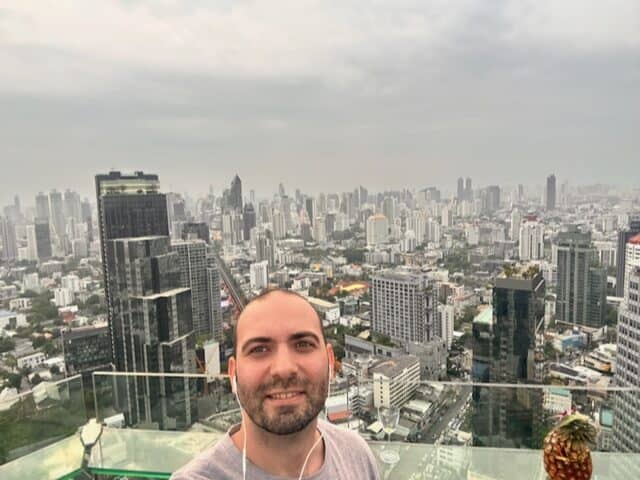
Andrew Williams
Andrew has been a big advocate of remote work since 2016 and has been travelling to over 45 countries to enjoy the freedom and flexibility of remote work. He is now on a mission to help others break free from the traditional office routine and become global citizens.
The hunt for a second passport is ON
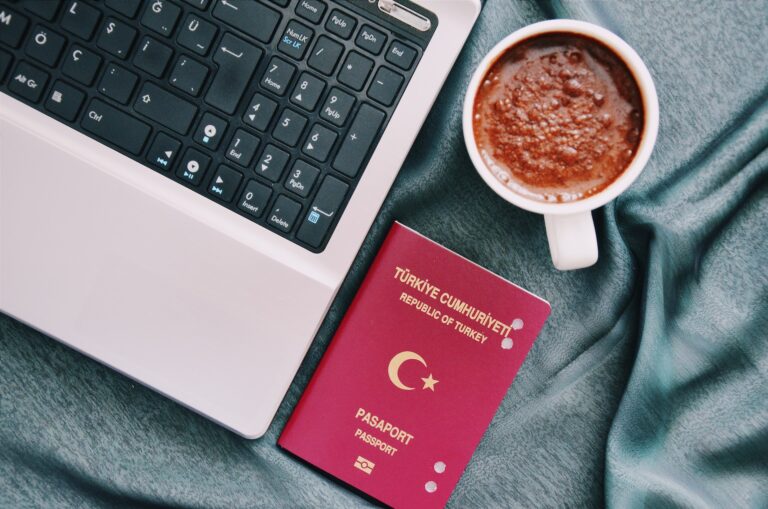
Let’s now look at a few legal ways in which a person can acquire second passports through investment programs and citizenship by descent, providing insights into the benefits, risks, and considerations associated with each option.
Investment-Based Second Citizenship: The Landscape
When exploring second citizenship options, investment-based programs often come to the forefront. These programs, known as Citizenship by Investment (CBI), offer individuals the opportunity to obtain citizenship in exchange for a significant investment in the host country’s economy. However, caution is essential when choosing a CBI program, as not all options provide the same benefits, security, or ease of access. The starting price for these citizenships and passports starts at 100,000 USD.
Navigating the Risks of Investment-Based Citizenship Programs
While CBI programs can offer great benefits, including increased travel freedom and access to global markets, potential risks should not be ignored. The allure of quick citizenship acquisition, often marketed as a three- to six-month process, can lead individuals to make hasty decisions without thoroughly evaluating the program’s credibility, legitimacy, and long-term implications. Also, like the recent change of rules from the UK government regarding people with Caribbean passports. More on this here. Make sure that you vet the CBI agents very well, ask for references and check their background.
CBI Program Alternatives: Exploring Residency by Investment
For individuals seeking alternative paths to global mobility and opportunities, residency by investment (RBI) programs present a viable option. Unlike CBI programs that offer immediate citizenship, RBI programs provide individuals with a residency permit that can lead to citizenship over time. Popular RBI destinations, such as Portugal and Spain, allow individuals to establish their presence in the country before pursuing full citizenship. If you are interested in a European Residency Programme, we covered them in a comprehensive article right here.
Citizenship by Descent: Uncovering Ancestral Roots
Another avenue for acquiring a second passport is through citizenship by descent. This process allows individuals with eligible ancestral ties to a country to claim citizenship based on their family lineage. Different countries have varying requirements for proving descent, and the extent of the ancestral connection may determine the eligibility of the applicant.Countries like Greece, Ireland, and Italy offer citizenship by descent down to three generations. Other countries like Denmark and Estonia, offer citizenship just down to one generation. If you want to find out more about which countries have citizenship by descent, have a look at this website.
Understanding the Naturalization Process
Naturalization refers to the process of acquiring citizenship in a host country by residing there for a specified period, typically meeting residency requirements, and demonstrating an understanding of the country’s culture, history, and language. While the process varies from country to country, it often involves passing citizenship tests, fulfilling residency obligations, and adhering to local laws.
The Shifting Landscape of Second Citizenship
It’s essential to recognize that the second citizenship landscape is not static; policies, regulations, and geopolitical dynamics can change over time. The recent decision by the UK to revoke visa-free access is a reminder that even well-established privileges can be modified, affecting the options available to individuals seeking second citizenship.
Last words on second citizenship
The world of second citizenship is undergoing significant changes, with recent developments impacting the appeal and accessibility of Caribbean passports. Potential investors must now navigate a complex landscape, where the benefits of citizenship by investment programs are being reevaluated by host countries. As the dust settles on these changes, it becomes more important than ever for individuals to seek accurate information and consult experts before embarking on the journey to obtain a second passport.
The quest for second citizenship or residency is an intricate journey with multiple paths and considerations. It’s imperative to approach this endeavor with careful research, seeking advice from experts, and staying updated on evolving regulations. While the allure of a second passport can be enticing, a thorough understanding of the benefits, risks, and long-term implications is crucial for making informed decisions that align with personal goals and aspirations.
The world of second citizenship is undergoing significant changes, with recent developments impacting the appeal and accessibility of Caribbean passports. Potential investors must now navigate a complex landscape, where the benefits of citizenship by investment programs are being reevaluated by host countries. As the dust settles on these changes, it becomes more important than ever for individuals to seek accurate information and consult experts before embarking on the journey to obtain a second passport.
